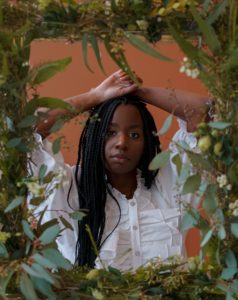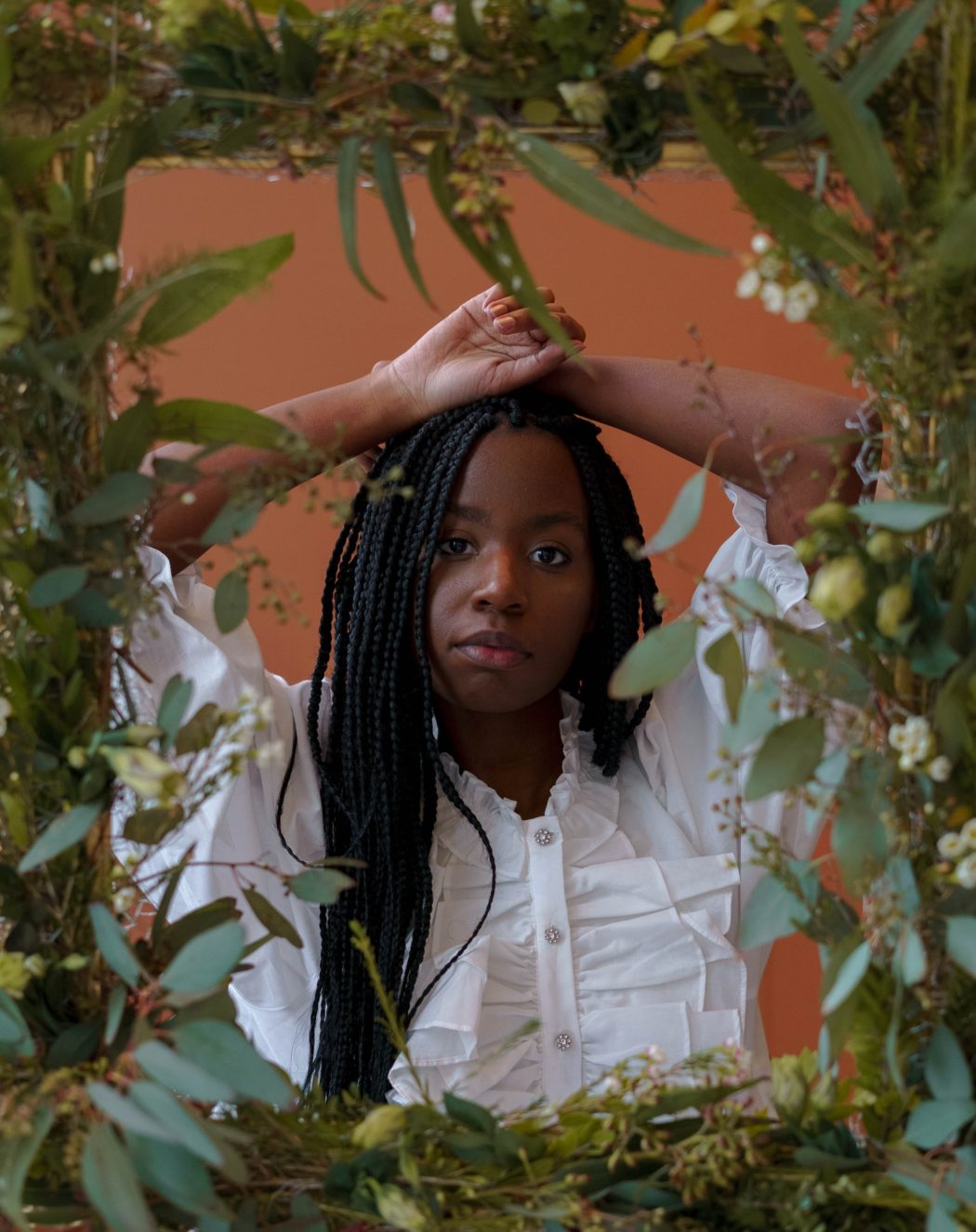 I love the smell Autumn. This was the time of year filled with Granny’s enchanted childhood stories. It started with the Sunday tradition of sitting at my grandmother’s feet while she wrestled my unruly hair into perfectly separated cornrows.
I love the smell Autumn. This was the time of year filled with Granny’s enchanted childhood stories. It started with the Sunday tradition of sitting at my grandmother’s feet while she wrestled my unruly hair into perfectly separated cornrows.
So when people debate folk “cash cropping” cornrows, I get it. Cash cropping is a term popularized by actress Amandla Stenberg who gained national attention for calling out Hollywood types for cultural appropriation.
While some women are copying the custom for fashion attention, young girls are being asked to leave school for their natural hairstyles — administrations are saying their creatively beaded styles cause a distraction. I also recognize that this melting pot of a nation often shares and exchanges beauty secrets (note: I still wear cornrows while my alopecia areata — also passed down from my grandmother — hides perfectly under a purchased crown of glory), but the idea of people adopting or barring a custom without understanding the artistry or culture behind it can be insensitive.
My family’s weekly braiding tradition transcended continents. For those who aren’t familiar with the fine art of cornrowing, the practice dates back as far as 3,000 B.C. throughout Africa, and watching it occur can be quite mesmerizing.
It’s an intense process, but the result is beautiful. I remember hearing knuckles popping as Granny twisted my coif into a presentable state. This custom was passed down through generations of hard-working, can’t-take-off-summer mothers. Granny had a way of twisting the braids down hard so that they would “last.” Granny insisted I could decorate later with a bag filled with colorful barrettes or ribbons once she was done.
It was easier to keep my unruly hair neat this way, she assured. But it was also a matter of cultural significance. Ponytails were a rite of passage reserved for young women mature enough to take care of their own manes. Until then, we wore plaits to school, fewer and fewer as we grew.
Young boys and girls alike lined up for the cornrowing ritual that also included story time. One by one, we sat on her floor eager for our turn in Granny’s hands. I was more “tender-headed” than others, so she had to create an extra diversion. When she reached the nape of my neck, I tried to pinch my lips together to hold back the occasional tear.
Once, an older cousin suggested biting my knuckles or looking up at the ceiling. Both techniques got me in trouble for wiggling too much. There on Granny’s floor I learned to sit still, tall and upright all at the same time.
Every week, I anticipated my turn with Granny. Listening to her stories made my mind race with questions as she talked about growing up as a little girl in Georgia. Her stories made the Peach State seem like a sweet and simple place to enjoy summers but, at times, it was hard to imagine my grandmother had ever been a child.
“Tell me about when you were a little again,” I demanded each week. I wanted to know every tiny detail about her farm. How did she meet my grandfather? What was it like to be a sharecropper? Why were her mother’s eyes so gray?
The more Granny shared, the more I wanted to know. She told tales for hours, occasionally interrupting with “sit up” when we started slouching. Her stories about playing on their family farm helped me forget she was braiding my hair until she had to pull out an occasional kink. For the most part, I left her room with a complex, geometric-patterned hairdo and another piece of family history relayed through an oral tradition.
It was interesting to watch my friends and suite-mates of all persuasions embracing cornrows on beach trips and Caribbean vacations, especially as a junior in college when I prepared for a trip to South Africa by having my hair styled.
I knew the environment would make it hard to manage my small natural fro so I did what my grandmother taught me and braided it into a neat style. I didn’t expect it to send shock waves through my place of employment.
As a junior working at the receptionist’s desk at the Carolina Club I was told that braided hair was “unprofessional” and was asked to return with a “cleaner look.” I knew we had a strict dress code for the fine dining establishment, but I did not and could never consider braids to be “unprofessional.”
Needless to say, when I returned from my trip to South Africa, I found a receptionist job that accepted my fondness for braids.
So when I see a little girl proudly adorned with cornrows, it brings back fond memories of a tradition in Granny’s hands — and a tiny glimpse of a long-lost culture from across the sea.
Click here to learn more about NC The Crown Act

There are no comments
Add yours